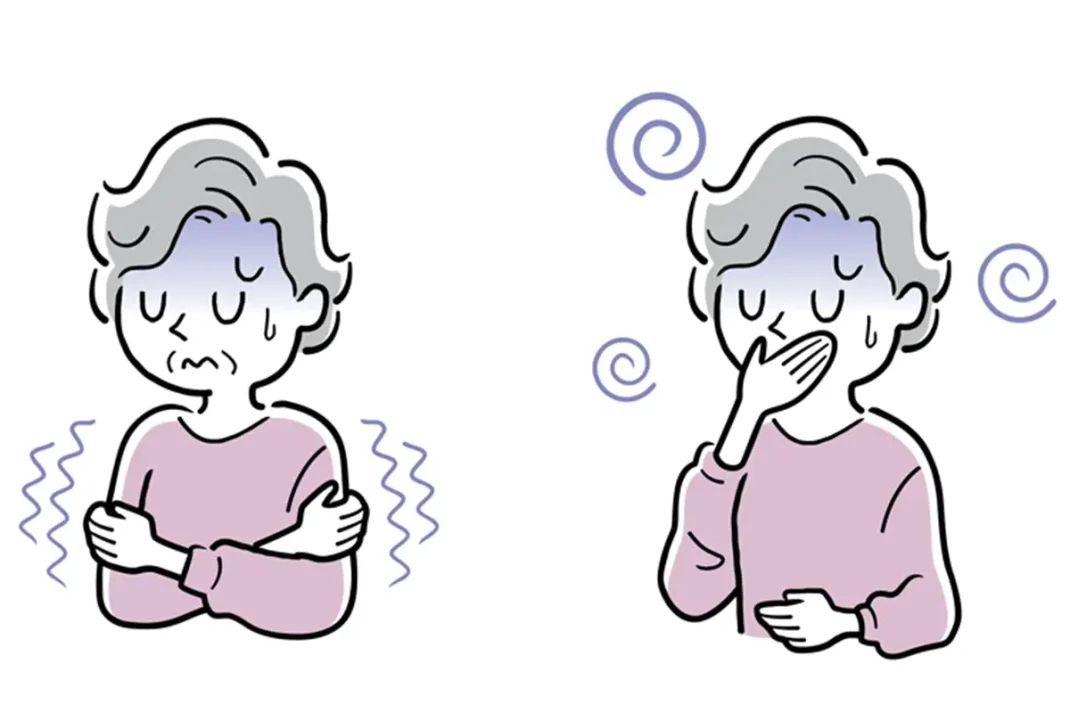Nausea and vomiting are two different symptoms which may emerge together. Nausea is an irritating feeling in stomach which may end up with vomiting (emesis). It may be accompanied by increased salivation, dizziness, difficulty in swallowing. Also inability to lift one’s head, changes in body temperature and palpitations. Patients usually describe vomiting as purging. It is an event that results in the strong contraction of the stomach muscles and the content of the stomach. There may or may not be nausea. Nausea and vomiting may occur in cancer patients for many reasons.
General Causes For Nausea and Vomiting
- Severe pain from an injury or illness
- First 3 months of pregnancy
- Motion sickness
- Stress and anxiety
- Indigestion
- Alcohol withdrawal nausea
- Food poisoning
- Viruses
- Some drugs (Chemotherapy Drugs, some pain relievers)
- Exposure to chemical toxins
- Gallbladder stone
- Reflux disease
- Sensitivity to certain odors
- Middle or inner ear disorders that cause symptoms such as vertigo
- Post surgery nausea
- Heart attack
- Some digestive system cancers
What Causes Vomiting In Cancer Patients?

With the treatment of cancer there may become dizziness, nausea and also patient gets anxiety nausea reasoned. These causes are:
- Acute (sudden) nausea and vomiting occur within minutes or hours of chemotherapy. It disappears within the first 24 hours.
- Delayed nausea and vomiting occurs 24 hours after treatment. It is frequently encountered when cisplatin, carboplatin, cyclophosphamide and adriamycin are used.
- Learned (conditioned, anticipatory) nausea and vomiting occurs before treatment begins, as a reaction to previous treatments. It is the presence of nausea and vomiting before the new chemotherapy in a patient who received chemotherapy before and had the symptoms after chemotherapy. Remembering the situation where chemotherapy drugs were taken earlier reveals smells, sights, sounds, revealed the earned nausea and vomiting. An example of learned nausea-vomiting is that the patient’s nausea started when the needle site was wiped with an alcohol swab, or when he smelled alcohol.
- Chronic (chronic) nausea and vomiting It may be due to the following reasons in advanced cancer patients:
- Pressure on the brain in brain cancers, colon cancers, gastric ulcer, loss of fluid, decrease or increase in biochemical values in the blood, drugs such as opioids or antidepressants, radiation therapy are also the causes of this symptom.
What are the Diseases Causes Nausea and Vomiting?
- Gastroesophageal reflux disease (returning of stomach contents from the esophagus when you eat)
- Ulcer (deep wounds in the stomach or duodenum)
- Celiac disease (reaction in the body to the substance called gluten in wheat)
- Irritable bowel syndrome (IBS) (A common digestive condition that causes bloating, nausea, vomiting, heartburn, fatigue, cramping).
- Lactose intolerance (inability to digest milk sugar called lactose)
- Crohn disease (a disease seen in the digestive system and progressing with inflammation).
- Appendicitis (inflammation of the appendix at the beginning of the large intestine).
- Gastritis (superficial sores in the stomach and duodenum)
Anti Nausea Pills
These are the general helps when you feel nauseous. There is also nausea bands helps the nausea in the time of pregnancy or journeys.
When to Worry About Nausea and Vomiting?
- If the symptoms are thought to be caused by poisoning,
- If vomiting does not stop,
- If the complaints of this symptıms lasted longer than a week,
- If there is a complaint of frequent vomiting
- If vomiting occurs after head trauma,
- If you have a severe headache and nausea together
- If you have neck stiffness, drowsiness and confusion while feeling nauseous
- If blood is seen in the vomit,
- If there is rapid heart rate and rapid breathing,
- In case of a fever above 39 °C and you feel nauseated
- If vomiting is accompanied by severe or persistent abdominal pain,
- If there are signs of dehydration such as dry mouth, frequent urination, or dark urine, seek immediate medical attention. Vomiting and diarrhea together may be a sign of disease.
Beyond that daily morning sickness or non-continuous puke or throw up is not expected to be an urgent health problem.
Erdem Hospital – The right choice for your health!